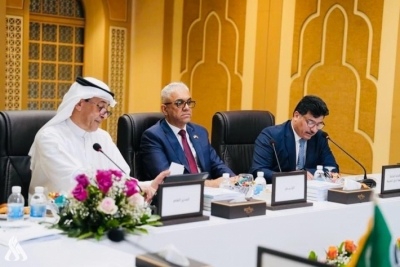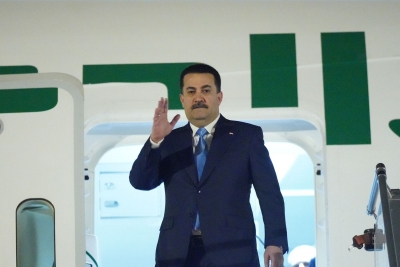
Abdullah Omer Kasnazany
University Lecturer,
PhD , Business with Management from University of Plymouth.
In December 2023, Kirkuk is poised to hold its first provincial election in 18 years since 2005, and the Kurds anticipate achieving significantly less than their successes in the previous electoral cycle. This diminished outcome is especially poignant given the Kurds' influential positions in both the federal government and the Kirkuk Governorate.
Having held the presidency of Iraq and key ministerial positions in the federal government since 2005, Kurds, in collaboration with Shia allies, played a crucial role in drafting the Iraqi constitution. Notably, the constitution included Article 140, designed to address the disputes over territories between the Kurdistan Regional Government (KRG) and the federal government through normalization, census, and a referendum. Similarly, in Kirkuk, Kurds held influential roles until the setback of the 2017 referendum.
Regrettably, the Kurds failed to capitalize on these opportunities, as officials, spanning both the Kurdistan Democratic Party (KDP) and Patriotic Union of Kurdistan (PUK), were preoccupied with embezzlement and securing top government positions. The crucial aspect of restoring the Kurdish identity in Kirkuk and other disputed territories was overlooked, leading to the development of dual administrative structures in Kirkuk during their 13-year rule from 2005 to 2017.
A recent survey conducted by Drawmedia underscores public dissatisfaction, with 74% of respondents perceiving Kurdish leaders as primarily concerned with attaining high-ranking positions and personal gains. Furthermore, 44% expressed a desire to dissociate from the KRG, and 69% believed their situation in Kirkuk was superior to territories governed by the KRG. The survey also revealed a lack of trust in Kurdish candidates, with 64% of respondents feeling that party candidates did not adequately represent the Kurdish population.
While in the 2005 provincial election, all Kurdish parties presented a united front and secured 26 of the 41 seats, the current political landscape suggests a potential loss of Kurdish seats. Political observers, including Masoud Abdul-khaliq, head of Standard Kurd, attribute this decline to internal divisions, widespread corruption, selfishness, and a lack of understanding between political parties.
In contrast to eight Turkmen parties coordinating on a joint list, Kurdish factions are fielding five separate lists. Instead of presenting a united front, both the KDP and PUK have engaged in questionable practices, including reportedly paying substantial sums, up to $100,000 USD, to entice high-ranking members from other parties to change. This divisive strategy has led to defections, undermining the unity of the Kurdish political front.
The upcoming election on December 18, 2023, is poised to reveal the consequences of the Kurds' extended governance in Kirkuk, characterized by missed opportunities, internal divisions, and a troubling lack of public trust.





